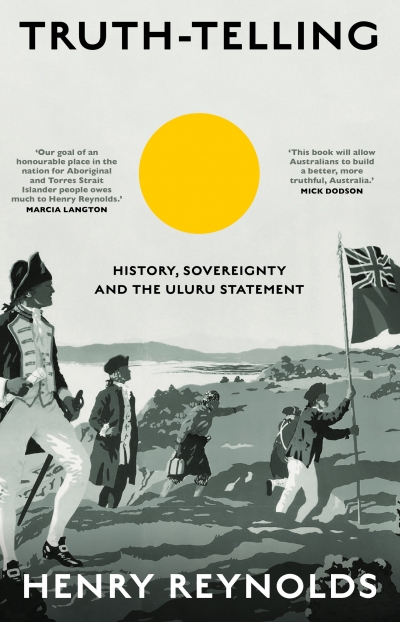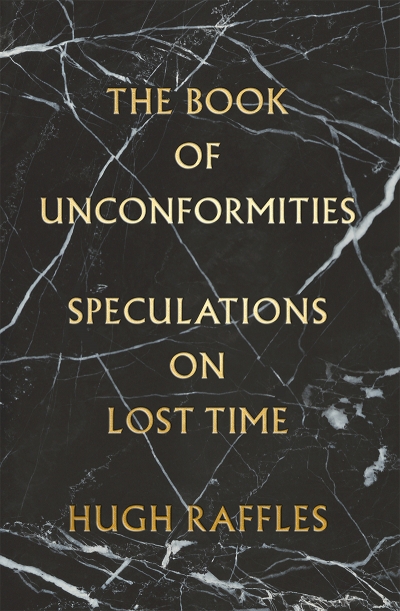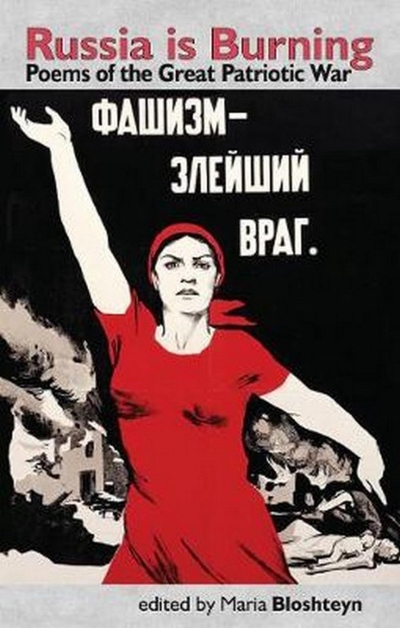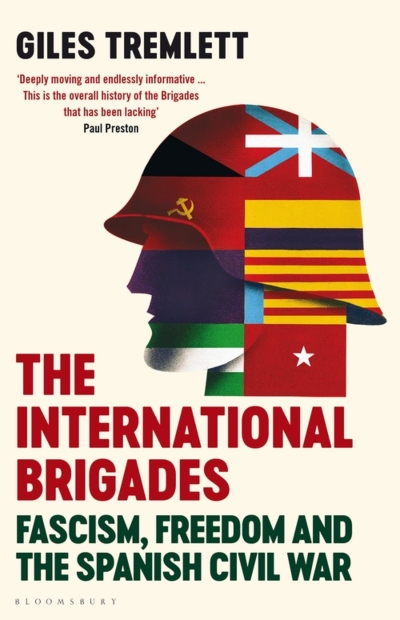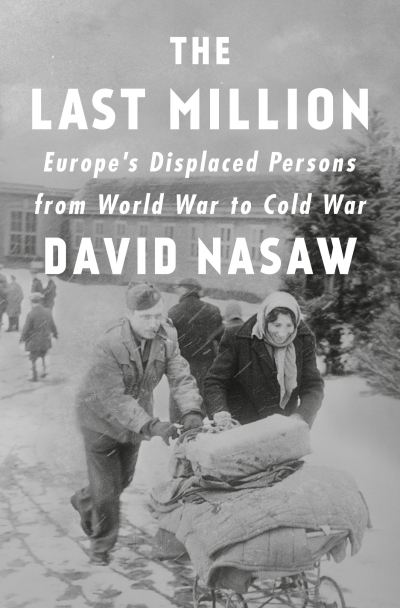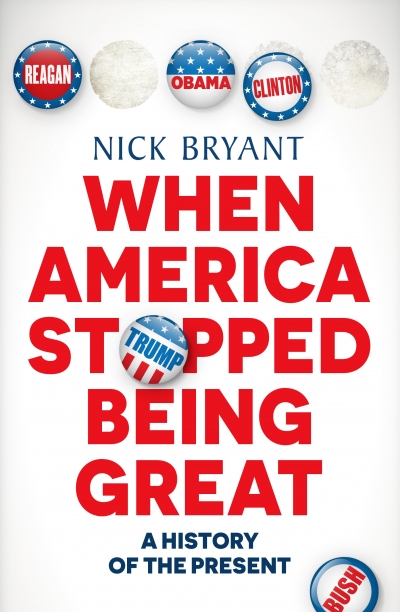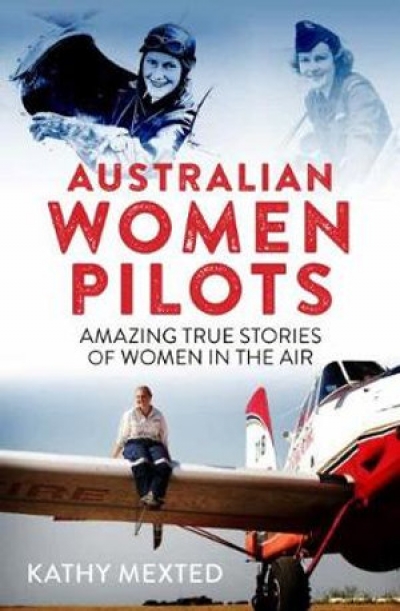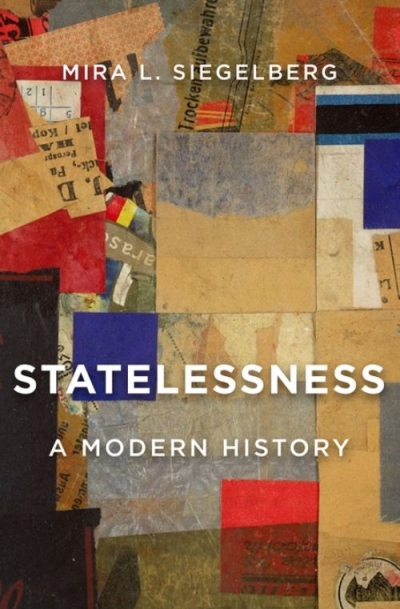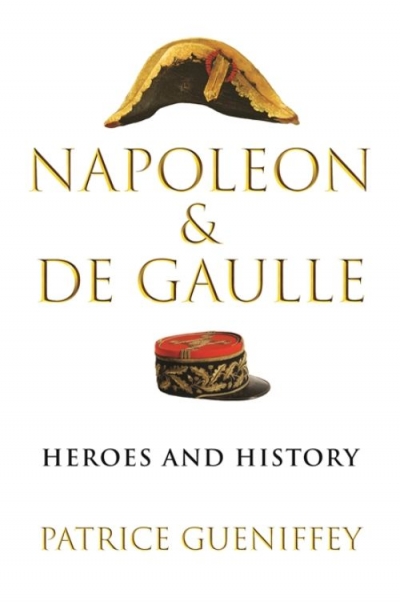History
Truth-telling: History, sovereignty and the Uluru Statement by Henry Reynolds
by Sarah Maddison •
The Book of Unconformities: Speculations on lost time by Hugh Raffles
by Dan Dixon •
Russia Is Burning: Poems of the Great Patriotic War edited by Maria Bloshteyn
by David Wells •
The International Brigades: Fascism, freedom and the Spanish Civil War by Giles Tremlett
by Luke Stegemann •
The Last Million: Europe’s displaced persons from World War to Cold War by David Nasaw
by Sheila Fitzpatrick •
When America Stopped Being Great: A history of the present by Nick Bryant
by Andrew West •
Australian Women Pilots: Amazing true stories of women in the air by Kathy Mexted
by Jay Daniel Thompson •
Napoleon and de Gaulle: Heroes and history by Patrice Gueniffey, translated by Steven Rendall
by Peter McPhee •
The Collectors Of Lost Souls: Turning Kuru scientists into whitemen by Warwick Anderson
by Martha Macintyre •

